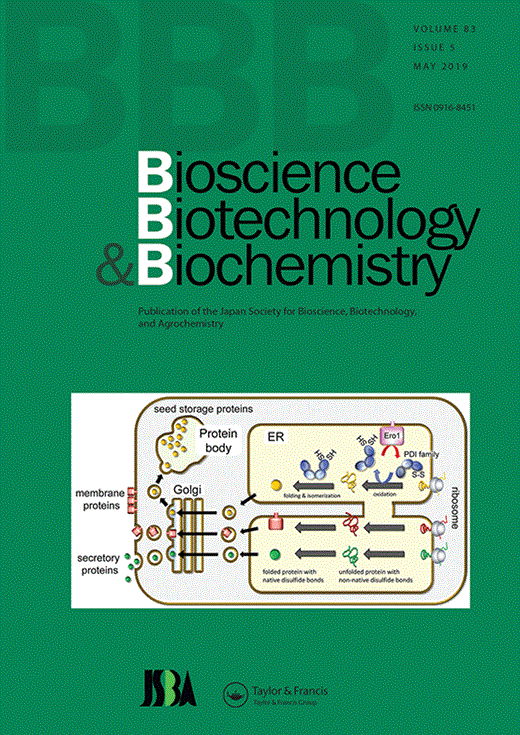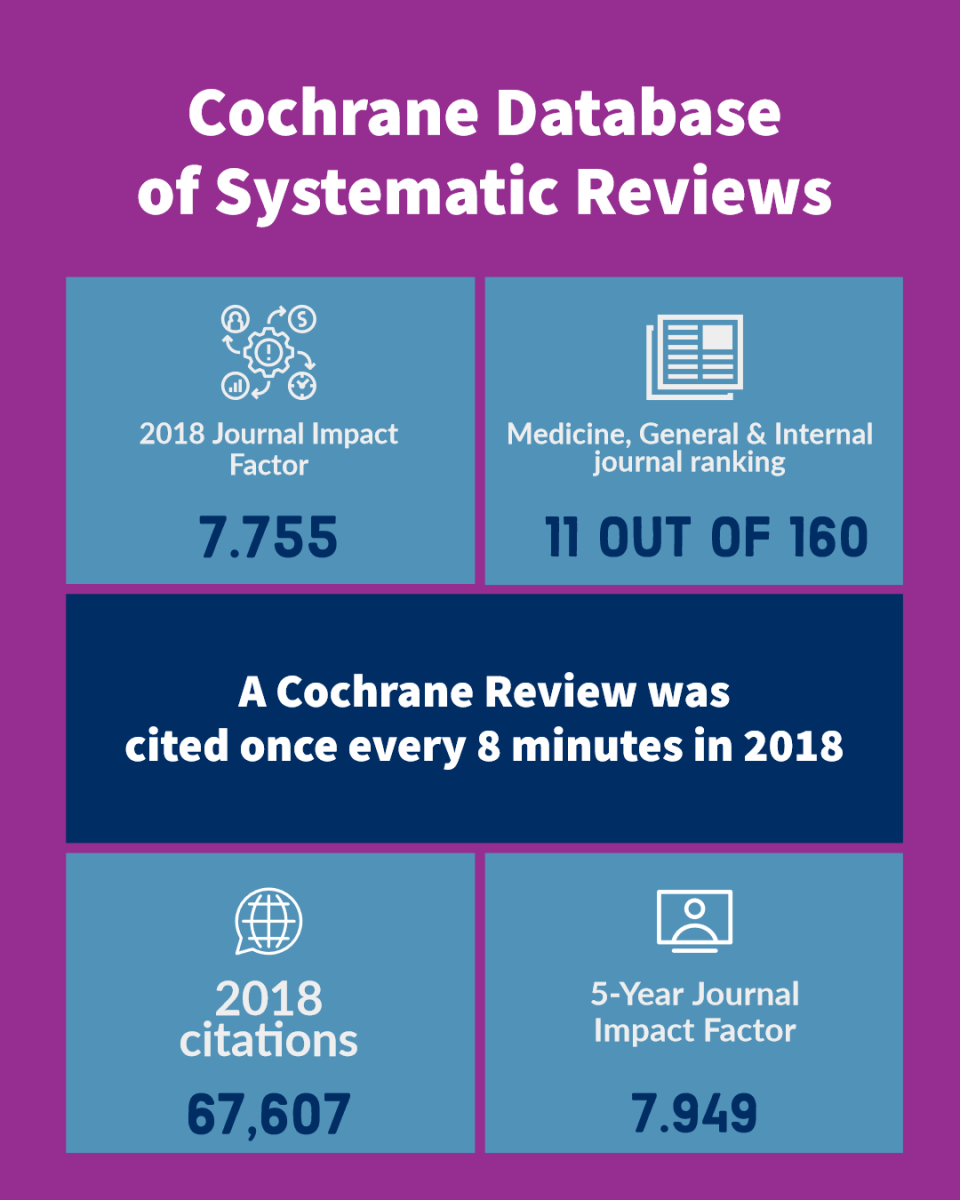Melanoma
How to submit an article:
- Registered users can submit any published journal article that has a unique DOI (Digital Object Identifier) name or link to Research Hub.
- For example, you can paste the full DOI link:
https://doi.org/10.1109/5.771073or just the DOI name:10.1109/5.771073into the field above and click submit. - The person who is first to submit a valid article to Research Hub will forever be credited for it, and every article submission earns you +6 Research Points.
Related Topics
Published research studies are articles that present the findings of original research that has undergone a peer-review process and has been made publicly available in scholarly journals, books or other media.

Potential Ability of Hot Water Adzuki (Vigna angularis) Extracts to Inhibit the Adhesion, Invasion, and Metastasis of Murine B16 Melanoma Cells
2023 Jan Bioscience, Biotechnology, and Biochemistry ITOH T, UMEKAWA H, FURUICHI Y
Network Pharmacology Animal Study Lung Metastasis Melanoma AnticancerThe ethanol extract from adzuki beans significantly reduces lung metastasis and invasion of melanoma cells, showing potential for functional food development.

Green tea (Camellia sinensis) for the prevention of cancer
2020 Mar 02 Cochrane Database of Systematic Reviews Filippini T, Malavolti M, Borrelli F, Izzo AA, Fairweather-Tait SJ, Horneber M, et al.
Systematic Review Meta-Analysis Cancer Green TeaGreen tea, containing antioxidative catechins, may possess some beneficial effects in reducing the risk of specific types of cancer.
Research insights are moderated by the Research Hub team and offer an at-a-glance overview of interesting research findings.

2023 Bioscience, Biotechnology, and Biochemistry
The ethanol extract from adzuki beans significantly reduces lung metastasis and invasion of melanoma cells, showing potential for functional food development.
Network Pharmacology Anticancer Lung Metastasis
Potential Ability of Hot Water Adzuki (Vigna angularis) Extracts to Inhibit the Adhesion, Invasion, and Metastasis of Murine B16 Melanoma Cells
ITOH T, UMEKAWA H, FURUICHI Y

2020 Cochrane Database of Systematic Reviews
Green tea, containing antioxidative catechins, may possess some beneficial effects in reducing the risk of specific types of cancer.
Systematic Review Cancer Green Tea
Green tea (Camellia sinensis) for the prevention of cancer
Filippini T, Malavolti M, Borrelli F, Izzo AA, Fairweather-Tait SJ, Horneber M, et al.
Review Articles
Review articles summarise and critically evaluate the current state of research on a specific topic or field by synthesising multiple primary research studies.
Clinical Trials
Clinical trials are research studies that involve people and are conducted to evaluate the safety and efficacy of new treatments or interventions, such as drugs, medical devices, or behavioural therapies.
Study Protocols
Published study protocols are detailed plans that outline the objectives, methodology, statistical analyses, and organisation of a research study that have been made publicly available for others to review and use as a reference.
Presentation Slides

Network Pharmacology
The ethanol extract from adzuki beans significantly reduces lung metastasis and invasion of melanoma cells, showing potential for functional food development.
ITOH T, UMEKAWA H, FURUICHI Y

Systematic Review
Green tea, containing antioxidative catechins, may possess some beneficial effects in reducing the risk of specific types of cancer.
Filippini T, Malavolti M, Borrelli F, Izzo AA, Fairweather-Tait SJ, Horneber M, Vinceti M
Executive Summary
Write an executive summary in the form of a blog article on the topic of "Research into Chinese medicine treatment for Melanoma" summarising the research below and using language that can be easily understood by patients and avoiding medical jargon using a professional and caring tone of voice.
Write an executive summary in the form of a blog article on the topic of "Researched Chinese medicine treatments for Melanoma" summarising the research below in an objective and easy to understand way, and using language that can be easily understood by patients. Group the article into Chinese medicine treatments first, followed by nutrition and other treatments. Avoid using medical jargon and use a professional and caring tone of voice.
Write me a concise but easy to understand executive summary on the topic of "Chinese medicine treatments for Melanoma" based on the following research that I will give you. Your summary should be 2 paragraphs long in Australian English spelling and include references to the studies.
A Network Pharmacology published in 2023 in the journal Bioscience, Biotechnology, and Biochemistry found that The ethanol extract from adzuki beans significantly reduces lung metastasis and invasion of melanoma cells, showing potential for functional food development. The methodology of the study involved extracting the 40% ethanol eluent from the fraction of hot-water extract from adzuki beans adsorbed onto a type of resin. This extract, dubbed EtEx.40, was then tested on B16-BL6 melanoma cells, examining specifically its effects on adhesion, migration, and invasion into extracellular matrix components and their invasion into reconstituted basement membrane (colloquially referred to as matrigel), while ensuring it did not affect cell proliferation in vitro. The results illustrated a significant difference in the presence of tumor colonies when treated with EtEx.40. The extract showed a considerable inhibitory effect on the experimental lung metastasis, as well as the invasion of the melanoma cells. Furthermore, the adhesion and migration of the melanoma cells into the extracellular matrix components were also reduced. The results demonstrated a strong antimetastatic role of the ethanol extract of adzuki beans.
A Systematic Review published in 2020 in the journal Cochrane Database of Systematic Reviews found that Green tea, containing antioxidative catechins, may possess some beneficial effects in reducing the risk of specific types of cancer. The study team performed an extensive review of 142 completed and 2 ongoing studies up to January 2019. These studies encompassed all types of epidemiological studies: experimental (randomised controlled trials) and nonexperimental (observational studies with both cohort and case-control design) that looked into the association of green tea consumption with cancer risk or quality of life, or both. Data extraction and methodological quality assessment of these studies were performed independently by two or more review authors. These efforts were organized and the results summarized according to the type of cancer diagnosis. The data was sourced from CENTRAL, MEDLINE, Embase, ClinicalTrials.gov, and referenced lists of earlier reviews and included studies. The studies focused on investigating the links between cancer incidence and mortality rates, safety data, quality of life, and green tea consumption. Numerous studies came with a high degree of methodological quality, based on 'Risk of bias' assessment. The placebos in 11 studies involving a total of 1795 participants were green tea extracts. On another note, the studies indicated some side effects linked to high intakes of green tea with more than a million participants undertaking the non-experimental studies. Despite inconclusive evidence, experimental and nonexperimental epidemiological studies suggested potential beneficial effects of green tea consumption on the overall risk of cancer or on certain types of cancer. Variations of the beneficial effects of green tea were observable across different cancer types, indicating a decrease in rate ratios (RR) in the highest category of green tea consumption versus the lowest. A detailed analysis based on study design exhibited conflicting results for some types of cancers, showing an increased RR in cohort studies and a decreased or no difference in RR in case-control studies. However, the overall interpretability of these RR estimates was limited by methodological issues, such as low study numbers and inconsistencies with cohort study results. Lastly, it's important to note that the majority of included studies were conducted within populations with a high intake of green tea, mainly Asian, thus limiting the general applicability of the findings to other populations.
Moderation Tools
Topic
Sign In
Users not signed in are limited to viewing the 5 most recent items of content.